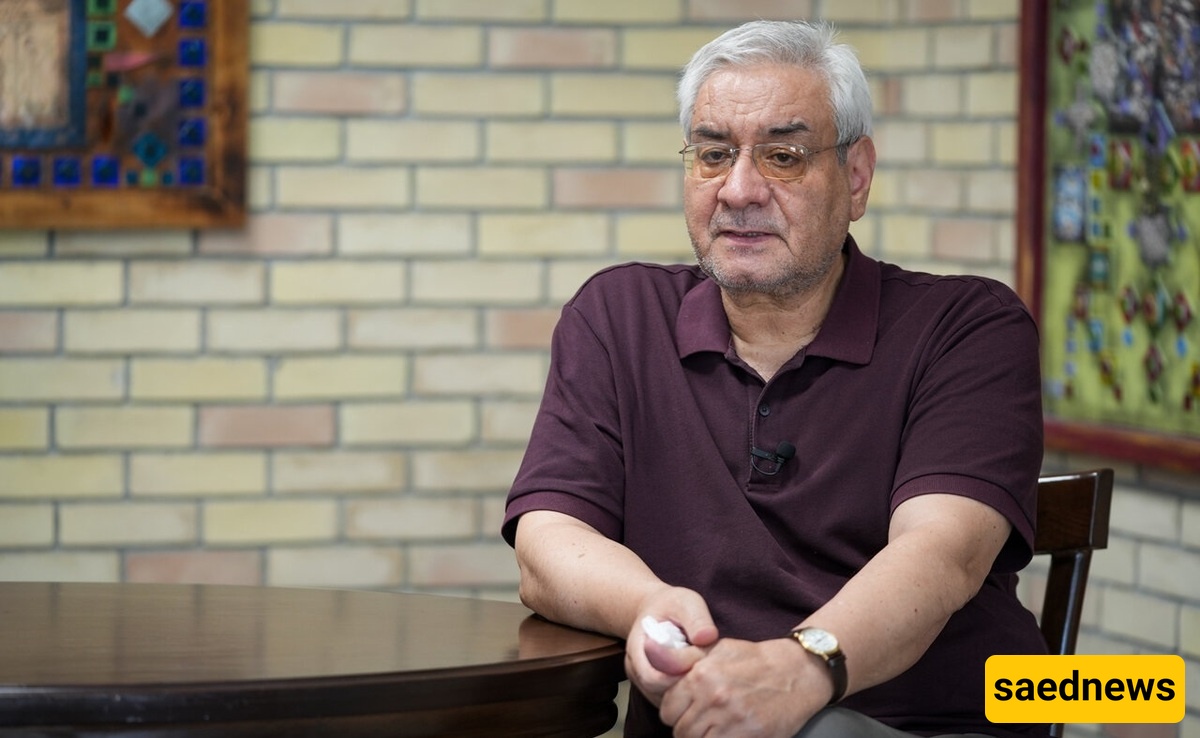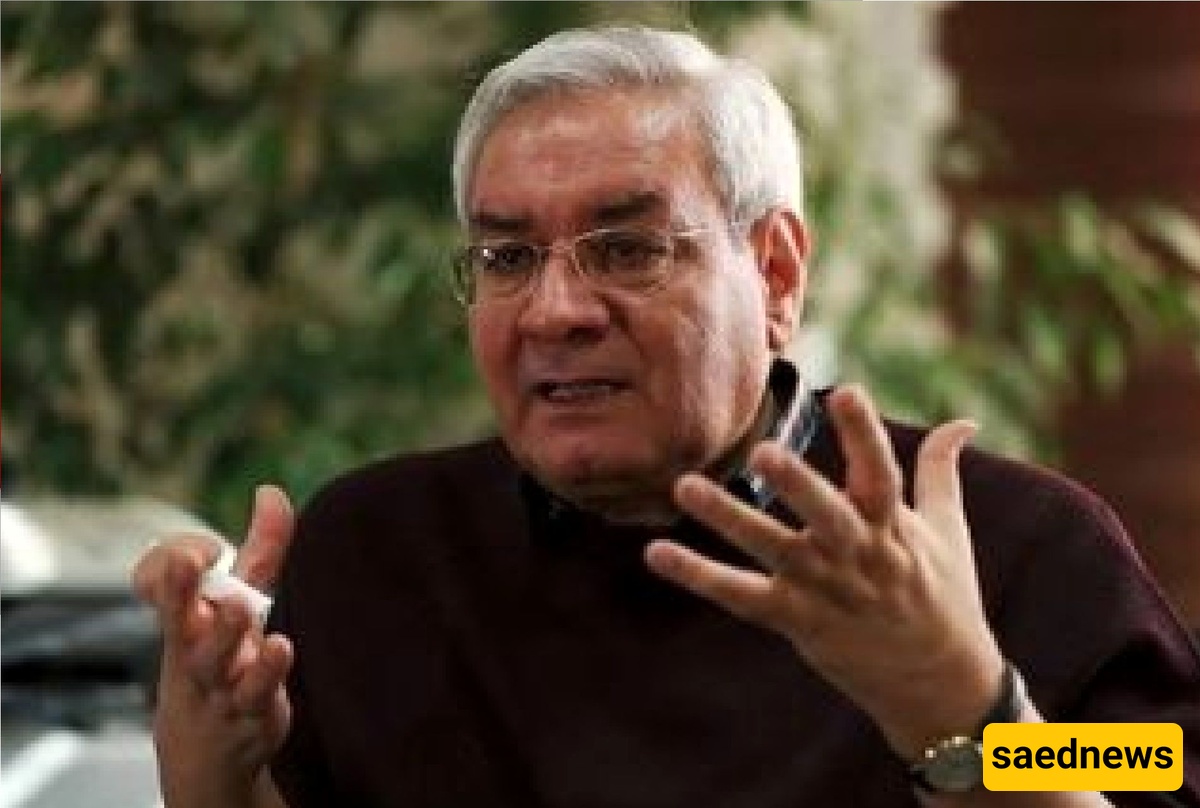SAEDNEWS: In an interview with Etemad, reformist figure Ebrahim Asgharzadeh warned that Iran’s rigid foreign policy risks pushing the country toward disaster. He called for “dignified engagement” with the US and the West, stressing national interests over ideological slogans.

In an interview with Etemad newspaper, Ebrahim Asgharzadeh, head of the Political Committee of the Reformist Front, shared his views on Iran’s domestic and foreign policy challenges.
“Let me be clear,” he said. “Neither in the past were my slogans driven by hatred, nor is my current stance based on infatuation. Iran’s national interests are my intellectual compass. In the 1980s, independence and the right of nations to determine their own destiny in the face of foreign domination were our priorities. Today, that has not changed — but the ways to safeguard these interests in today’s changing world have evolved. If, in the past, resistance was possible through revolutionary fervor, today we need geopolitical rationality and proactive diplomacy. Blind hostility has led us to a dead end. Capitulation is not the way either. We must have relations with the US and the West, but not from a position of weakness — from the standpoint of the nation’s interests and welfare.”

“Trump is a full-fledged populist in foreign policy, but he is not without a plan. His threats should be taken seriously because there is a strategy behind them. The sentence ‘Iran will be a different place’ is a warning, not just an ambiguous tweet. It means: either the Islamic Republic changes, or it will be changed. This is not the language of diplomacy; it is the language of an ultimatum.”
“The domestic situation in Iran is no longer like the 2000s or 1990s. Society is tired, infrastructure is worn out, and social and political legitimacy needs rebuilding. In such a situation, imagining another war is catastrophic. People are suffering from chronic inflation, an economic crisis, an energy imbalance, a water crisis, distrust in the future, and uncertainty about their social standing. The state must find the path to development through political rationality, rather than gambling with its survival.”
“Foreign policy is not a field for simplistic binaries. We are made neither for war nor for humiliation. If we want to preserve our independence, we must have the capacity for dialogue and interaction based on mutual respect. Those here who talk about ‘endless resistance’ have a North Korean model in mind. They are usually unwilling to pay its cost — it is the people who bear it.”
“I say: neither surrender nor confrontation. We can speak of ‘dignified engagement’ — an engagement in which the US also understands that Iran is a country to negotiate with, not to threaten. But the condition is that we ourselves have real solutions for getting out of the crisis, not just repeating old slogans and worn-out narratives.”
“The existence of Iran is more important than any policy. Territorial integrity and the safety of the people take precedence over any ideology. Today, it is the one who delays decisions who loses, not the one who chooses the middle path. Let us, for once, have the courage in flexibility rather than the courage in fanaticism.”

